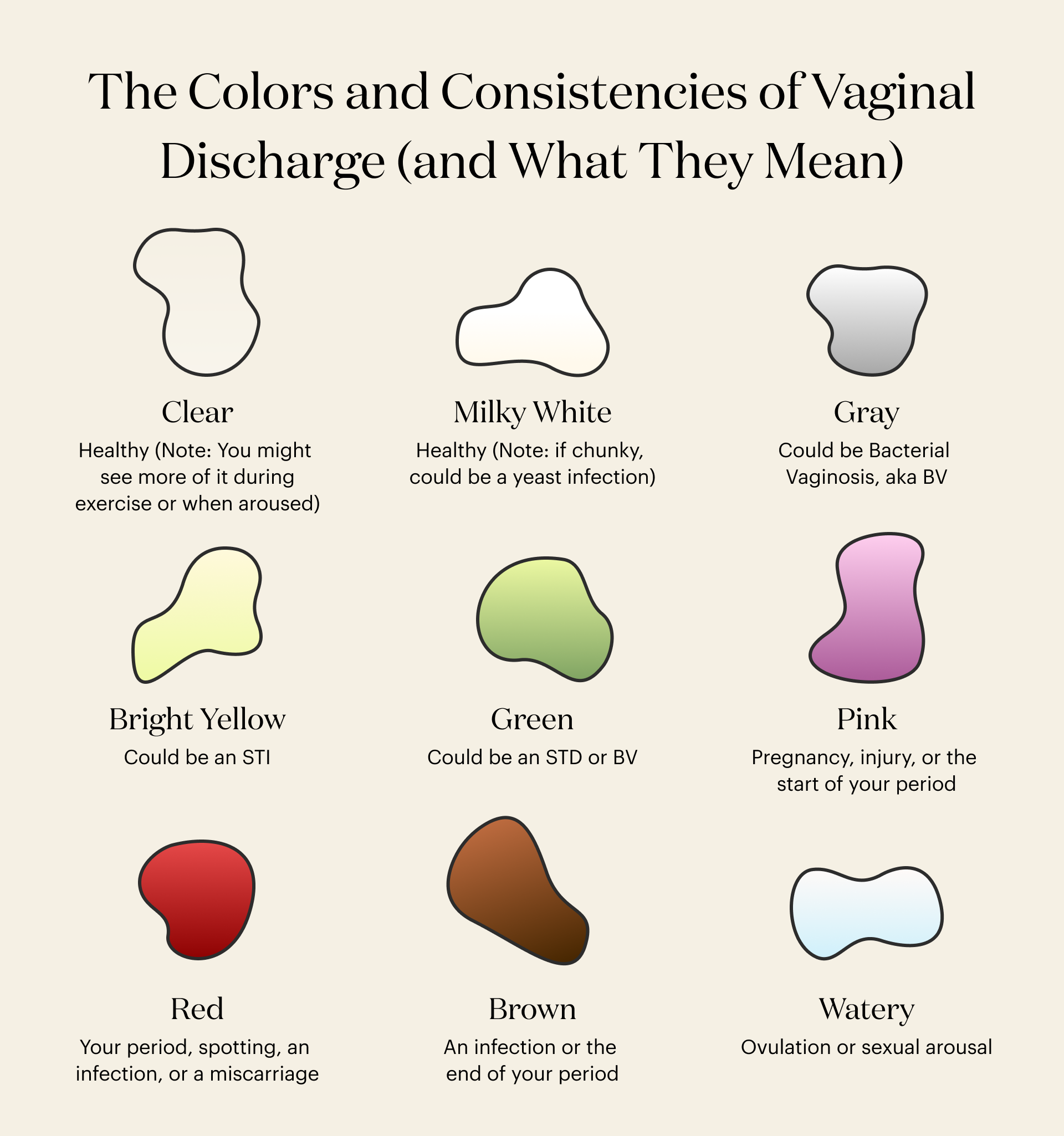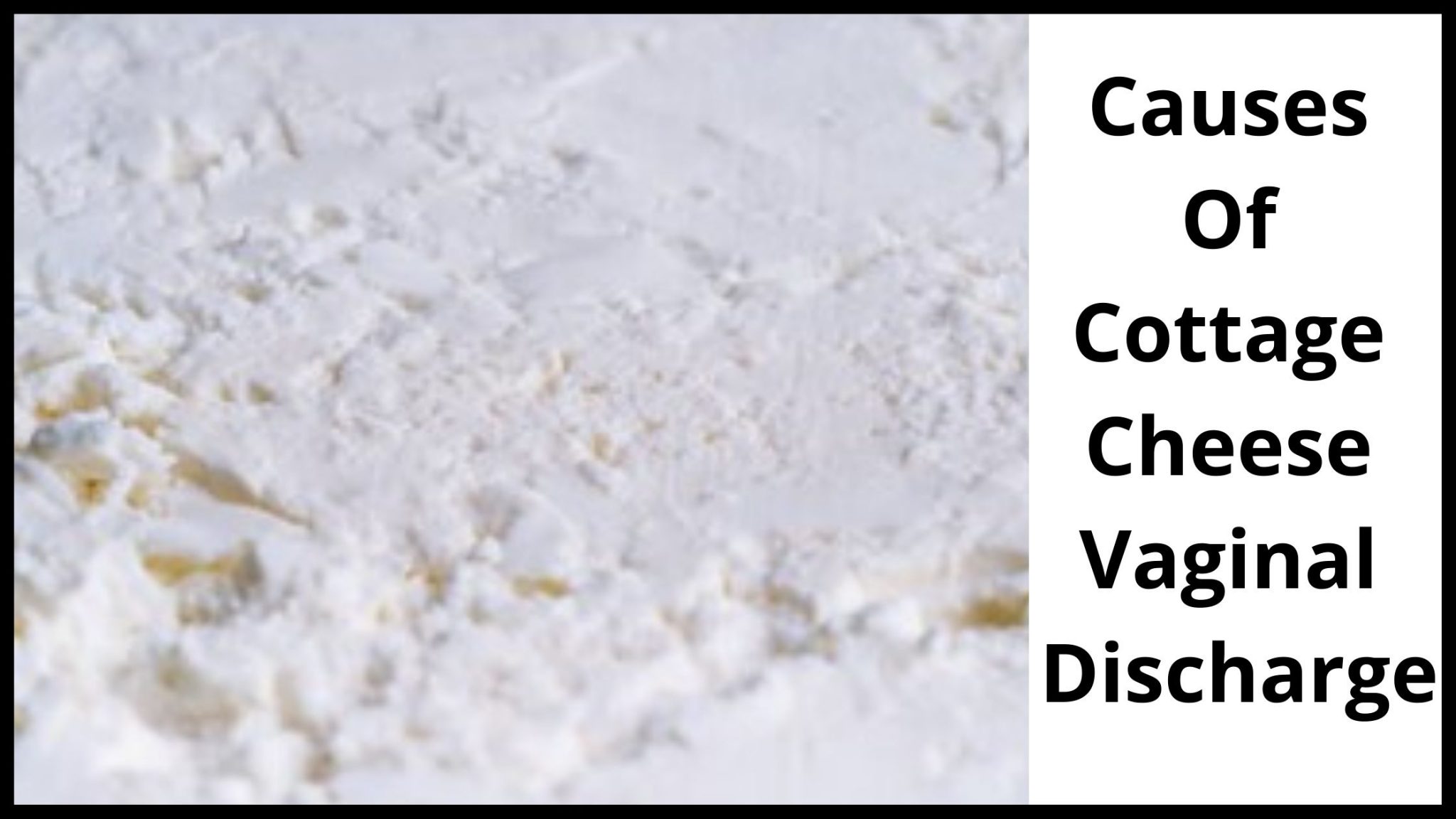Cottage Cheese Discharge Pregnancy - One common type of vaginal discharge that women might notice during pregnancy is a thick, white, or creamy. This type of discharge usually resembles cottage cheese. White, lumpy vaginal discharge may mean that you have a yeast infection. While it is normal to experience an increase in vaginal discharge during pregnancy, it is important to be aware of any abnormal changes, such as. Yeast infections are common during pregnancy because hormone changes can upset the ph balance of the vagina.
One common type of vaginal discharge that women might notice during pregnancy is a thick, white, or creamy. While it is normal to experience an increase in vaginal discharge during pregnancy, it is important to be aware of any abnormal changes, such as. White, lumpy vaginal discharge may mean that you have a yeast infection. Yeast infections are common during pregnancy because hormone changes can upset the ph balance of the vagina. This type of discharge usually resembles cottage cheese.
This type of discharge usually resembles cottage cheese. While it is normal to experience an increase in vaginal discharge during pregnancy, it is important to be aware of any abnormal changes, such as. Yeast infections are common during pregnancy because hormone changes can upset the ph balance of the vagina. One common type of vaginal discharge that women might notice during pregnancy is a thick, white, or creamy. White, lumpy vaginal discharge may mean that you have a yeast infection.
How To Get Rid Of A Discharge Askexcitement5
Yeast infections are common during pregnancy because hormone changes can upset the ph balance of the vagina. White, lumpy vaginal discharge may mean that you have a yeast infection. While it is normal to experience an increase in vaginal discharge during pregnancy, it is important to be aware of any abnormal changes, such as. This type of discharge usually resembles.
Cottage Cheese Discharge Should I Be Concerned? — Love Wellness
White, lumpy vaginal discharge may mean that you have a yeast infection. While it is normal to experience an increase in vaginal discharge during pregnancy, it is important to be aware of any abnormal changes, such as. This type of discharge usually resembles cottage cheese. Yeast infections are common during pregnancy because hormone changes can upset the ph balance of.
Yeast Infection Discharge Cottage Cheese
One common type of vaginal discharge that women might notice during pregnancy is a thick, white, or creamy. White, lumpy vaginal discharge may mean that you have a yeast infection. While it is normal to experience an increase in vaginal discharge during pregnancy, it is important to be aware of any abnormal changes, such as. Yeast infections are common during.
Cottage Cheese Discharge What Does it Mean? Peanut
One common type of vaginal discharge that women might notice during pregnancy is a thick, white, or creamy. Yeast infections are common during pregnancy because hormone changes can upset the ph balance of the vagina. This type of discharge usually resembles cottage cheese. White, lumpy vaginal discharge may mean that you have a yeast infection. While it is normal to.
Understanding And Managing Pregnancy Discharge Can It Resemble Cottage
This type of discharge usually resembles cottage cheese. Yeast infections are common during pregnancy because hormone changes can upset the ph balance of the vagina. While it is normal to experience an increase in vaginal discharge during pregnancy, it is important to be aware of any abnormal changes, such as. One common type of vaginal discharge that women might notice.
Vaginal Discharge Cottage Cheese NBKomputer
Yeast infections are common during pregnancy because hormone changes can upset the ph balance of the vagina. While it is normal to experience an increase in vaginal discharge during pregnancy, it is important to be aware of any abnormal changes, such as. One common type of vaginal discharge that women might notice during pregnancy is a thick, white, or creamy..
Cottage Cheese Discharge After Metronidazole Gel Causes And Remedies
One common type of vaginal discharge that women might notice during pregnancy is a thick, white, or creamy. While it is normal to experience an increase in vaginal discharge during pregnancy, it is important to be aware of any abnormal changes, such as. This type of discharge usually resembles cottage cheese. Yeast infections are common during pregnancy because hormone changes.
What Does A Cottage Cheese Discharge Mean
While it is normal to experience an increase in vaginal discharge during pregnancy, it is important to be aware of any abnormal changes, such as. One common type of vaginal discharge that women might notice during pregnancy is a thick, white, or creamy. Yeast infections are common during pregnancy because hormone changes can upset the ph balance of the vagina..
Weird discharge BabyCenter
One common type of vaginal discharge that women might notice during pregnancy is a thick, white, or creamy. White, lumpy vaginal discharge may mean that you have a yeast infection. This type of discharge usually resembles cottage cheese. Yeast infections are common during pregnancy because hormone changes can upset the ph balance of the vagina. While it is normal to.
How To Get Rid Of Cottage Cheese Discharge During Pregnancy?
Yeast infections are common during pregnancy because hormone changes can upset the ph balance of the vagina. White, lumpy vaginal discharge may mean that you have a yeast infection. One common type of vaginal discharge that women might notice during pregnancy is a thick, white, or creamy. This type of discharge usually resembles cottage cheese. While it is normal to.
This Type Of Discharge Usually Resembles Cottage Cheese.
White, lumpy vaginal discharge may mean that you have a yeast infection. While it is normal to experience an increase in vaginal discharge during pregnancy, it is important to be aware of any abnormal changes, such as. One common type of vaginal discharge that women might notice during pregnancy is a thick, white, or creamy. Yeast infections are common during pregnancy because hormone changes can upset the ph balance of the vagina.









